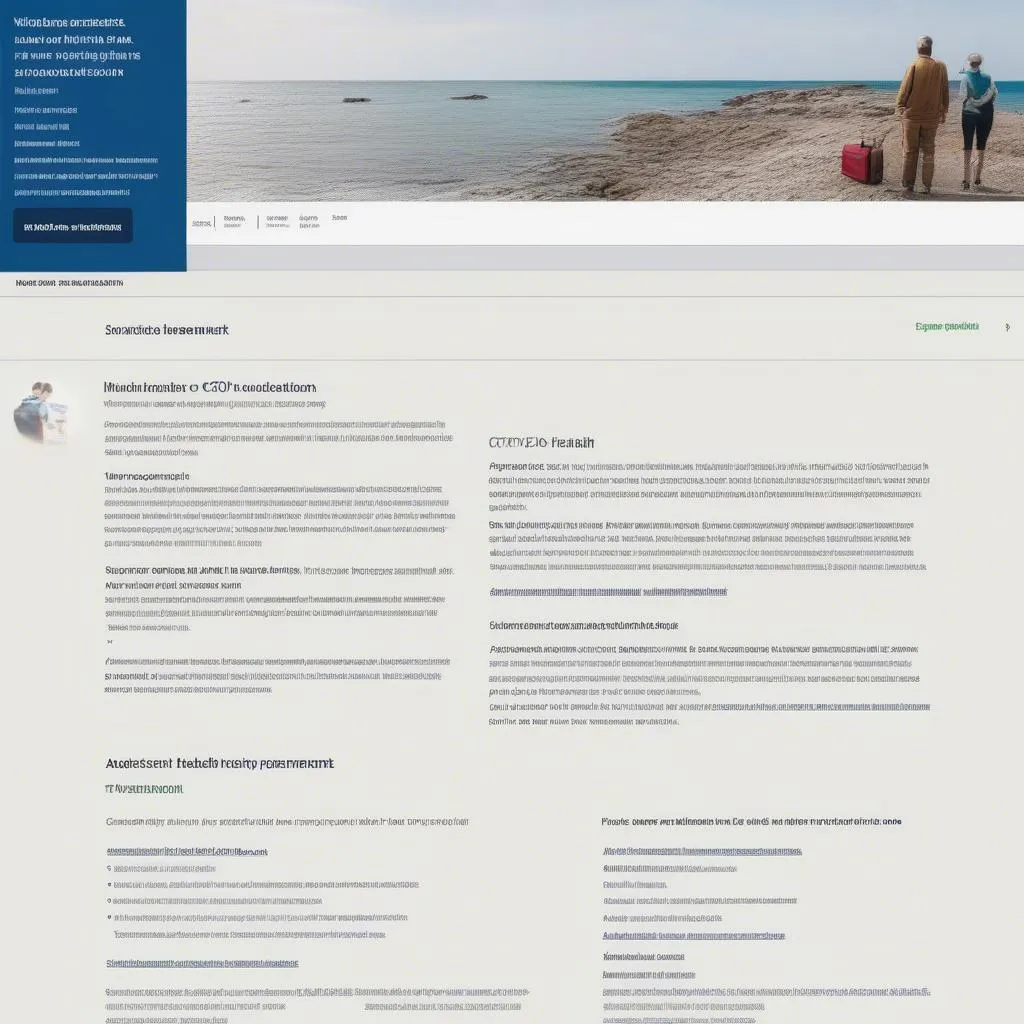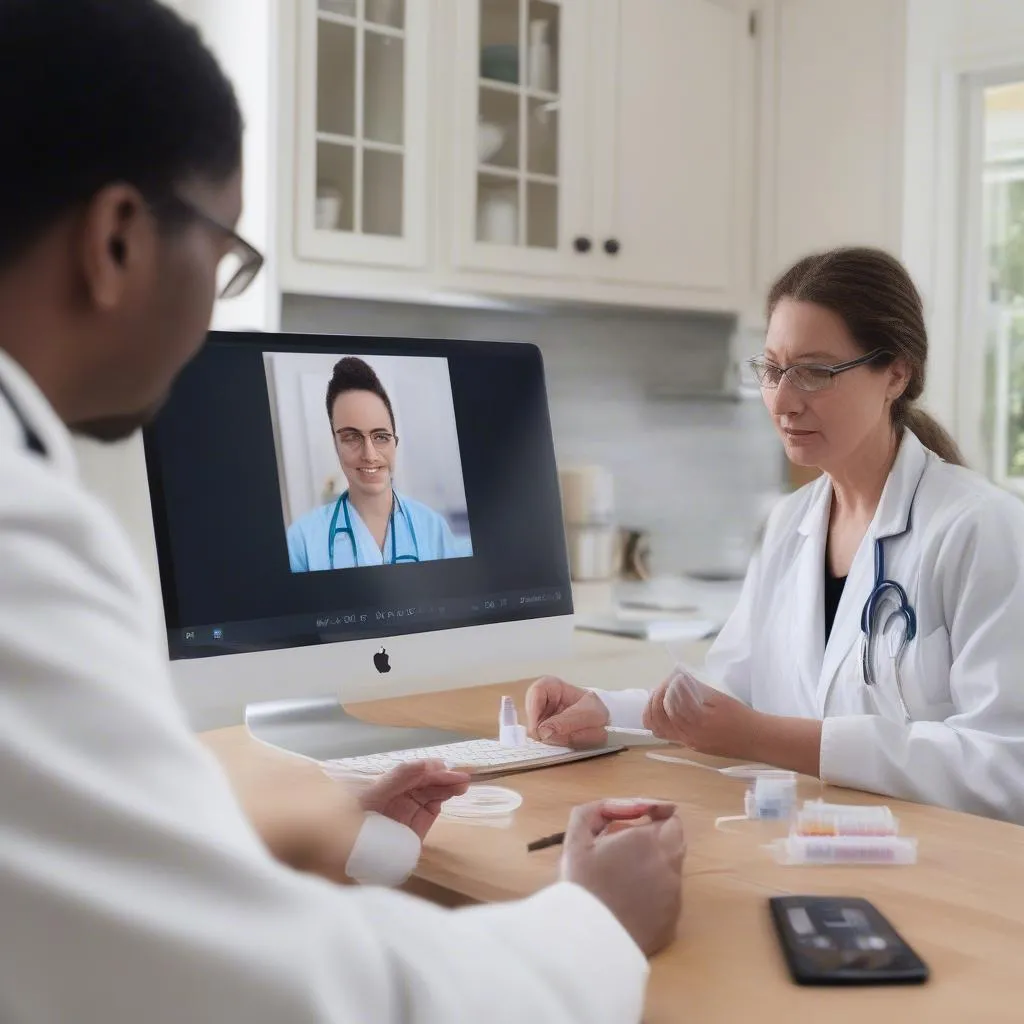Remember that time you were planning a trip to the Amalfi Coast, meticulously crafting your itinerary, only to be thrown into a frenzy when you realized you needed a negative COVID-19 test to board the plane? Yeah, those were stressful times. Thankfully, travel restrictions have eased up, but navigating the ever-changing landscape of COVID-19 testing requirements can still be confusing. One common question many travelers have is: Are at-home rapid antigen tests accepted for travel?
The Short Answer: It Depends
Unfortunately, there isn’t a simple yes or no answer. The acceptance of at-home rapid antigen tests for travel depends on several factors, including your:
- Destination: Every country has its own set of entry requirements, and these can change quickly.
- Airline: Some airlines may have specific testing requirements, even if your destination country doesn’t.
- Type of test: Not all at-home tests are created equal. Some countries may only accept tests supervised by a healthcare professional or that meet specific performance standards.
Navigating the Maze of Testing Requirements
Understanding Different Types of At-Home Tests
Broadly, there are two types of at-home COVID-19 tests:
- Rapid antigen tests: These tests detect specific proteins from the virus and provide results in about 15 minutes. They are generally more affordable and readily available.
- PCR tests (Polymerase chain reaction): PCR tests are more sensitive and detect the virus’s genetic material. They typically require sending your sample to a lab, and results can take a few days.
Research, Research, Research
Before you even book your flight, thorough research is your best friend.
- Check Your Destination’s Entry Requirements: Start by visiting the official government website of your destination country. Look for their health or travel advisory sections.
- Contact Your Airline: Airlines often have updated information on their websites or through their customer service lines.
- Consult with a Travel Health Professional: For personalized advice, consider contacting a travel health clinic or your healthcare provider. They can provide tailored recommendations based on your destination and health history.
 Travel website health advisory section
Travel website health advisory section
Making Sense of “Proctored Tests” and “Verified Results”
You’ll likely come across terms like “proctored tests” or “verified results” during your research. Here’s what they mean:
- Proctored Tests: Some destinations require that your rapid antigen test be supervised remotely by a healthcare professional via video call. This ensures the test is administered correctly.
- Verified Results: Many countries and airlines require digital or printed documentation of your test result, often with a QR code for verification.
 Proctored rapid antigen test
Proctored rapid antigen test
The Importance of Timing Your Test
Even if your destination accepts at-home rapid antigen tests, pay close attention to the testing time frame. Most countries require a negative test result within 24-72 hours before your departure.
